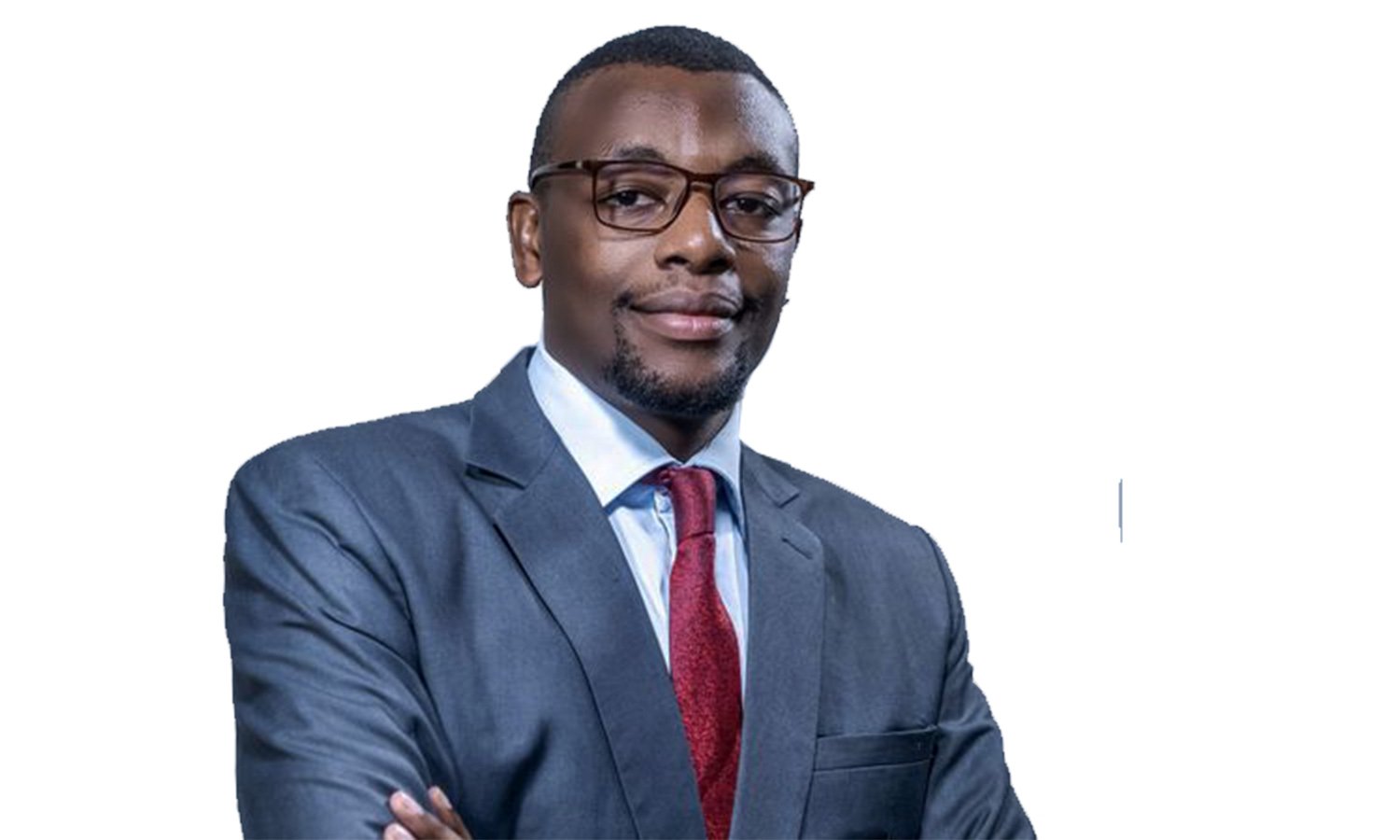Prime
Judicial wrongdoing flew to Hague

Mr Kakwenza Rukirabashaija
What you need to know:
- It is neither a political nor a diplomatic issue whether the Gaza people should receive humanitarian assistance. It is a well founded principle in the Law of Armed Conflict(LAC) that seeks to minimise suffering of civilians and wounded in conflicts, notably by protecting and assisting all victims to the greatest extent possible.
A story was told of a certain nation in the Caribbean which was ruled by a cunning malevolent despot who relied on a network of handpicked judicial officers not to enforce the law but arbitrariness and impunity.
These officers, known for their fidelity to the despot rather than the law and justice, were always praised by the despot’s fervent chamchas for shirking their obligation to enforce human rights laws.
They were often promoted for proliferating persecution of opposition in oppressive prosecutions marred with abuse of procedure. The chamchas, blinded by their opportunistic allegiance to the regime, celebrated these judges as heroes who maintained anachronistic codes of oppression and upheld the misanthropic rulership of the despot.
Meanwhile, in a distant land, in the Americas, a judge exercised similar malfeasance, suppressing opposition and curtailing freedoms and other civil liberties.
Strangely, those who had praised their own judges for these same actions were now quick to condemn the judge in the Americas. The same voices that once sang praises for their own irrational and partisan judges now echoed with criticism of the judge in a foreign land.
If that does not sound familiar, then you are in your comfort zone while watching the tide encapsulating the shore on which you are ensconced. Authoritarianism is like the other famous defiant weed called ‘Kanyobwa’, (Oxalis latifolia) once it manifests in your plantation, you must make sure that it is eliminated before it spreads. If you fold your hands in despair like a spectator, the weed shall become uncontrollable to your disadvantage.
When the ICJ Judge Julia Sebutinde ruled against all the provisional measures South Africa sought against usufructuary Israel including the humanitarian access to the devastated people of Gaza, most Ugandans heaped a lot of scathing beration onto her. The government quickly distanced itself from her maleficence.
The same government that is internationally frowned upon due to miasmas of human rights scandals as they pull wool over everyone’s eyes! Under International Humanitarian Law, parties to the conflict bear the primary obligation to provide for the basic needs of the population under their control, that is, humanitarian assistance.
It is neither a political nor a diplomatic issue whether the Gaza people should receive humanitarian assistance. It is a well founded principle in the Law of Armed Conflict(LAC) that seeks to minimise suffering of civilians and wounded in conflicts, notably by protecting and assisting all victims to the greatest extent possible. Similarly, we have well grounded human rights laws in Uganda which provide a carte blanche for protection of someone whose rights have been abused.
The rights are well enshrined in Chapter four of the Constitution of the Republic of Uganda 1995 as amended, and other statutes pari materia. Freedom from torture and inhuman treatment, fair hearing, personal liberty, privacy, expression and many others.
In Wanyoto v Sgt Ouma and Another (Civil Appeal No. 91 of 2021) [2022] UGCA 185 (8 July 2022), Hon. Justice Fredrick Egonda–Ntende ruled that the law compels courts to hasten to protect people’s fundamental rights and freedoms and provides various remedies including nullifying any prosecution that violates the non-derogable rights of a person.
The people who always praise Ugandan judicial officers for not enforcing human rights laws criticized Julia Sebutinde of the ICJ for reasoning that the humanitarian crisis in Gaza should be solved diplomatically and politically, not legally, as though she is not aware of the core principle of international humanitarian law–humanity. What is the purpose of human rights law if it cannot protect citizens from arbitrary acts of government? What is the purpose of humanitarian law/law of armed conflict if it cannot protect civilians from hostilities?
When I was smuggled into Dr. Douglas K Singiza’s court two years ago with a shredded body oozing pus, broken ankles and swollen joints, he failed to stay the proceedings or nullify the prosecution, and remanded me to Kitalya Prison. He chose to be the government’s cudgel by which to hammer Kakwenza.
That scandal will forever haunt him. Section 11(2) of the Human Rights Enforcement Act gives judicial officers like Singiza the power to render all proceedings before them a nullity where it emerges that non-derogable rights have been violated.
Still he had supporters and I believe that is why he was, shortly after I had fled to exile, promoted to the position in which he is now–a High Court Judge. Promoted not for breathing life into the human rights laws but for honing and proliferating state arbitrariness.
These serious breaches of judicial code of conduct should never be taken for granted, that is how inhumanism flourishes from Uganda to the International Court of Justice, spreading like Kanyobwa weed.
Mr Kakwenza Rukira is an exiled Novelist, Master of Laws (LLM) Candidate Europa Universität.


